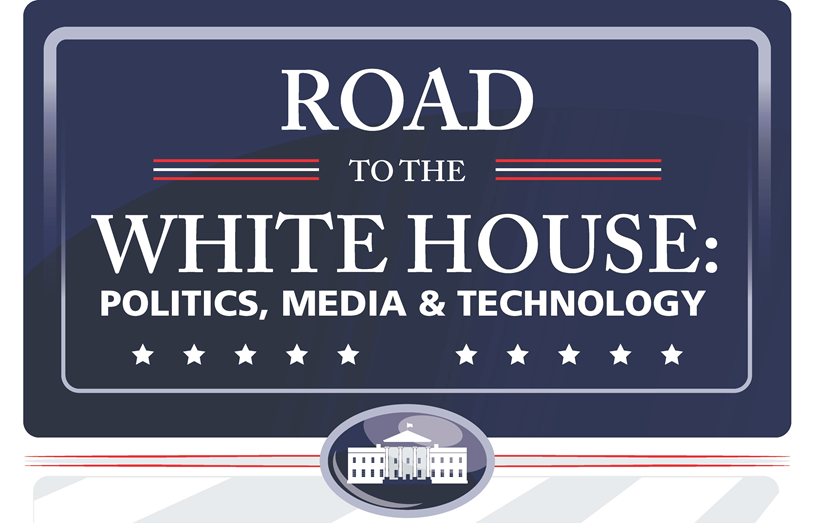All Swings Considered
by David Gastwirth Swing voters took center stage at this week’s [Wed, October 31st – one week before the election] Road to the White House. Given the undivided attention being paid to swing voters in the final stretch of the race, the topic is quite fitting for our last discussion Read more…

